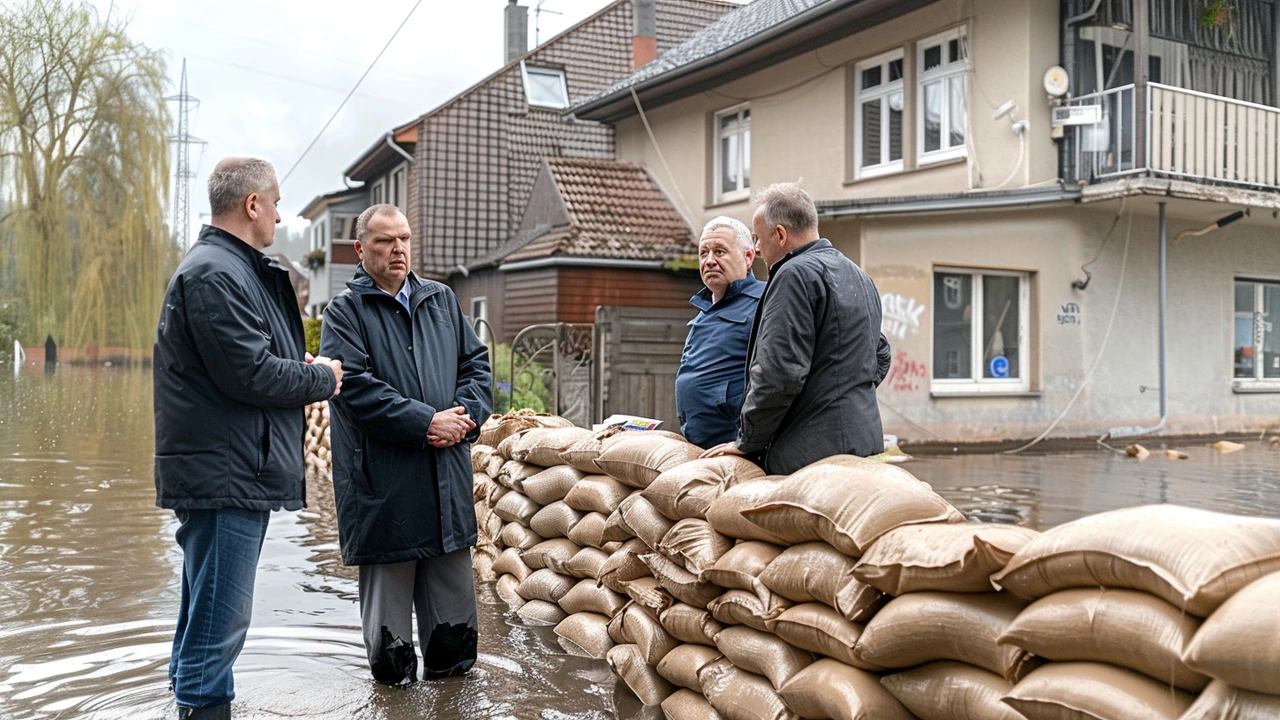Chancellor Scholz: What He’s Doing for Africa Right Now
If you follow African news, you’ve probably seen the name "Chancellor Scholz" pop up a lot lately. The German leader has been busy meeting African heads of state, signing trade deals and pushing for more investment in the continent. In this guide we break down the most important things you need to know about his actions and why they matter to you.
Why Germany cares about Africa
Germany is the EU’s biggest economy, and Africa is a fast‑growing market. Scholz’s team says they want clean energy projects, better infrastructure and more jobs on both sides. The idea is simple: German companies get new customers, African countries get technology and money to modernise.
Key visits and agreements
Since taking office, Scholz has visited Kenya, Nigeria and South Africa. In Nairobi he met President Ruto and signed a memorandum that will fund solar farms in the Rift Valley. In Abuja he pledged €500 million for road upgrades and helped launch a joint German‑Nigerian tech hub for startups. The South African stop included talks on expanding the automobile sector – think more BMWs made locally, something that could boost local jobs.
One of the most talked‑about deals was the “Green Partnership” announced in Berlin. It promises €2 billion for renewable‑energy projects across eight African nations. The money will go to wind farms in Morocco, solar parks in Ghana and hydro projects in Tanzania. The partnership also includes training programmes for African engineers, so the skills stay on the continent.
Aside from big money, Scholz’s diplomacy focuses on education. German universities are offering more scholarships to African students, and a new exchange programme lets German teachers work in African schools for a year. These moves are meant to build long‑term relationships beyond just trade.
What does this mean for everyday people? More German investment could mean cheaper cars, better internet and more jobs in factories that assemble electronics. It could also mean stricter standards for environmental protection, which is good for communities near mining sites.
Critics warn that some deals might favour German firms too much. The key is transparency – watchdog groups are pushing for public reports on every contract. Scholz’s government says they will publish a yearly “Africa‑Germany Impact Report” to keep everything above board.
So, if you’re a business owner, a student, or just curious about how global politics affect your life, keep an eye on Scholz’s moves. The policies he pushes today will shape the jobs, tech and energy you see tomorrow.
Stay tuned to Africa Success Daily for updates on new agreements, visitor schedules and what the latest German‑African collaborations mean for you.

4
Jun
Mass evacuations are underway in western Germany due to severe floods caused by heavy rainfall, leaving 12 dead and widespread destruction. Chancellor Olaf Scholz visited the ravaged regions to offer condolences and oversee relief operations. The German military plays a crucial role in the rescue efforts as submerged villages in North Rhine-Westphalia and Rhineland-Palatinate struggle with the disaster's aftermath.
Read More
